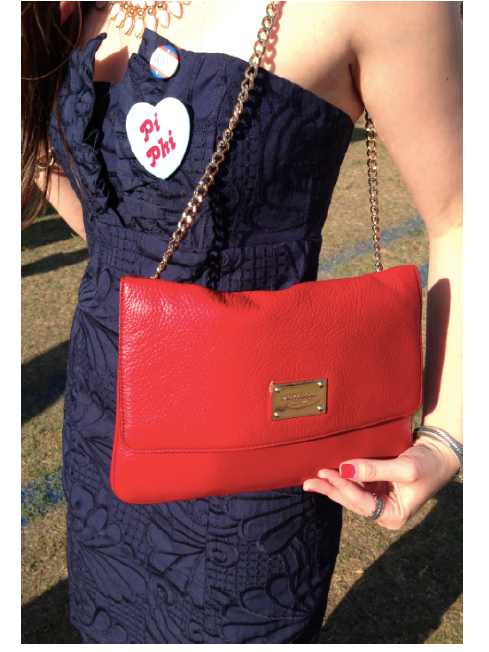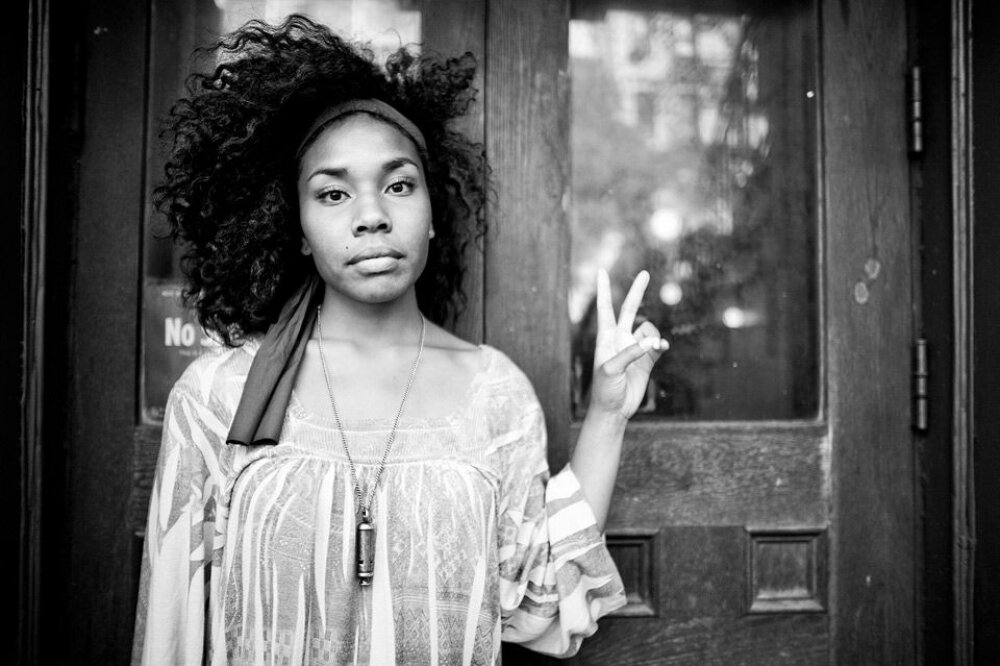By Mackenna Scripps
The Akola Project
Photo courtesy of pininterest
The Ugandan American Partnership Organization, or the UAPO, is a non-profit organization that is close to home here at SMU.
The organization was started by an SMU student, Brittany Merrill, in 2006 to build an orphanage for a developing ministry. Since then, the UAPO has grown to initiate five development projects across Uganda, including two orphanages with the capacity for 200 needy children as well as 20 clean water wells.
One project that stands out from the UAPO’s other work, however, is the Akola project. The project is a non-profit enterprise in Uganda that trains and equips more than 200 women to generate income through creating crafts.

Photo courtesy of Kirby Wiley
It started in 2007 in the village of Buwala by a woman named Alice Dramundru, who lost her husband to AIDS-related complications. Alice decided to dedicate the rest of her life to serving women and children in need and partnered with the UAPO to start the Akola project. The project trains Ugandan women to make crafts that are sold in the United States and Ugandan markets. It employs mothers in impoverished areas of Uganda who hope to earn enough income to send their children to school. As of now, the Akola project has generated over $250,000 for families and communities (http://akolaproject.org/about/founding-story).

Photo courtesy of Will Graham
The Akola Project today provides the majority of UAPO funding. The Akola Project has been able to reach this level in part because it’s unique among non-profit efforts: these Ugandan women make a high-end line of unique paper bead jewelry. The jewelry ranges from $60 to $200 and is sold in many top boutiques around the United States. Most of the jewelry is sold in Texas stores, as well as boutiques in the southeastern part of the U.S. You can find these unique pieces at Elements Boutique in Dallas, M. Lavender in Birmingham, Ala., and Hemline in New Orleans, just to name a few. The jewelry can also be found online at http://akolaproject.org/shop/jewelry.

Photo courtesy of Kirby Wiley
Christy Munger of Dallas, sales director for the Akola Project, says that this unique beaded jewelry is very much on-trend today.
“Socially conscious brands that are transparent and beautiful are performing very well in the current retail market,” she says. “Walk into any Whole Foods and you can see that. Our line is designed by a U.S. design team and executed through an onsite designer leading production so it has an edge to be on trend. The jewelry is designed a season ahead.”
Merrill partnered with this U.S. design team to create fashion-forward pieces that incorporate indigenous customs and materials from a number of African countries. Elizabeth Carlock, an SMU alum and jewelry designer, also helped create the unique designs. The Akola leaders found inspiration through the technique of paper bead rolling. According to the UAPO website, paper is a safe, easy resource in a Third-World market. As for the bold symbols found on the necklaces, the UAPO uses materials from Ethiopia. Each pendant’s design symbolizes an ancient Ethiopian city, including Lalibella, Axum and Gondar.
The Akola Project
Photo courtesy of pininterest
“The Akola project is different from other fashion lines that give profits to a group of artisans in need because we don’t find existing artisans,” Munger says, “We train women that are undereducated and never knew how to make jewelry. We also differ from fair trade in that we give 100 percent of the profits back to the project [a lot of money goes to holistic aid like training or programs]. We stimulate the economy of the villages.”

Photo courtesy of Kirby Wiley

Photo courtesy of Kirby Wiley
The project strives to teach the women about financial responsibility. Instead of just giving free money – it gives them a job and steady income. They must treat their work as a small business. As the spreadsheet pictured above shows, they must keep track both of their inventory and their production.
The UAPO is also the local philanthropy SMU sorority Kappa Kappa Gamma supports. The organization gives students the opportunity to travel to Africa to help with the project. Many Kappa Kappa Gamma sorority girls have travelled there, including SMU junior Kirby Wiley.

Photo courtesy of Kirby Wiley
“The trip that I went on with the UAPO was an experience trip so it was less hands-on,” Wiley says. “We really got to oversee everything they do there. We would watch the Ugandan women hand over the jewelry they made and the UAPO leaders, like Brittany Merrill, would evaluate the quality of it and decide how much money each women would receive for the month.”
Many SMU graduates are still involved with the Akola Project and UAPO, including Genny Weaver. Weaver is now an intern for the UAPO and has been in Africa for nine months.
“My favorite part about working in Uganda has been the people I have met and the spiritual growth I’ve had,” Weaver says. “The people have never met a stranger and are some of the most generous people I know. Whatever they have, they share. It is not just an act of kindness for them to share their time and things – it is a way of life and they wouldn’t have it any other way.”

Photo courtesy of Kirby Wiley
Another SMU graduate who is still a part of the UAPO is Lydia St. Eve. She was just hired as the marketing and fulfillment coordinator for the organization.
“My favorite aspect of the UAPO is probably the genuine and amazing good it is doing for the Ugandan people. It’s a Christian based organization that has amazing goals to help the people, and that in itself is so inspiring and motivating for me,” St. Eve says.
Many students who have visited Africa through UAPO say the experience has left them with many fond memories.
“My favorite memories are dancing with the UAPO women in the studio,” Wiley says. “During their lunch breaks they just dance, sing and laugh with each other. They are always happy, excited and grateful to have the UAPO in their lives, which really reminded me to appreciate what I have.”

Photo courtesy of Kirby Wiley
Munger also says some of her favorite memories include dancing with the Ugandan women.
“I loved meeting the women…it is so exotic for them to meet Americans and likewise for us. The children in Africa are charming and it was a privilege to meet these future citizens that have the burden on their shoulders of rebuilding a country savaged by war, poverty and disease,” Munger says.

Photo courtesy of Christy Munge
Anyone can get involved with the UAPO – either by spending time in Uganda or Dallas. Internships are available in fashion, design, engineering and sustainability for students and/or after graduation. To find out more about getting involved contact Christy Mugner at , or visit their website at http://www.theuapo.org/.






















 Students who have jumped into the program since the minor launched in 2011 are reaping the
Students who have jumped into the program since the minor launched in 2011 are reaping the
 Victoria Waterhouse, a business major and fashion media minor, found the best of both worlds when she recently landed a retail job with Neiman Marcus. This spring she was enrolled in SMU’s Fashion, Media and Culture class – a core component of the fashion media program — and says that the class has helped her learn the history of fashion trends. Waterhouse hopes to work as a buyer for Neiman Marcus one day by combining her enthusiasm for fashion and her business degree from SMU.
Victoria Waterhouse, a business major and fashion media minor, found the best of both worlds when she recently landed a retail job with Neiman Marcus. This spring she was enrolled in SMU’s Fashion, Media and Culture class – a core component of the fashion media program — and says that the class has helped her learn the history of fashion trends. Waterhouse hopes to work as a buyer for Neiman Marcus one day by combining her enthusiasm for fashion and her business degree from SMU.









